🌟 Introduction: Why Interest Rates Matter More Than You Think
Have you ever wondered why your savings account suddenly earns more (or less) interest? Or why your loan payments seem to rise out of nowhere? The answer lies in one powerful financial lever: interest rates.
Interest rates quietly influence almost every corner of your financial life from the amount you pay on your mortgage or car loan to the return you earn on your savings and investments.
In this guide, we’ll break down how interest rates affect your savings, loans, and investments in simple terms. You’ll discover how to adapt your financial strategy, protect your money from inflation, and even take advantage of rate changes to grow your wealth smarter.
🏦 What Are Interest Rates and Who Sets Them?
Interest rates represent the cost of borrowing money or the reward for saving it. When you borrow, you pay interest; when you save or invest, you earn it.
In most countries, central banks such as the Federal Reserve in the U.S. or the People’s Bank of China control policy interest rates to manage inflation and economic growth.
| Term | Meaning | Example |
|---|---|---|
| Nominal Interest Rate | The stated rate without adjusting for inflation | 5% per year |
| Real Interest Rate | Adjusted for inflation (Nominal – Inflation Rate) | If inflation = 3%, real rate = 2% |
| Fixed Rate | Stays constant throughout loan/investment | 30-year mortgage at 6% |
| Variable Rate | Changes with market rates | Credit card or floating loan |
When central banks raise interest rates, borrowing becomes costlier, reducing spending. When they lower rates, borrowing becomes cheaper, encouraging spending and investment.
💸 How Interest Rates Affect Your Savings
1. Savings Accounts and CDs
When rates rise, banks offer higher returns on savings accounts and Certificates of Deposit (CDs). This means your money grows faster through compound interest earning interest on both your deposit and the interest already earned.
Example:
If you deposit $10,000 in a 4% interest savings account, after one year you’ll have $10,400. But if rates rise to 6%, your balance becomes $10,600 a $200 difference without doing anything!
Tip:
Compare high-yield savings accounts or online banks that offer better rates than traditional banks.
2. Inflation’s Hidden Impact
Even with higher rates, inflation can erode the real value of your savings. If inflation is 6% and your bank pays 4%, your real return is actually negative (-2%).
👉 Pro Tip: Look for savings products that beat inflation, such as inflation-linked bonds or Treasury Inflation-Protected Securities (TIPS).
🏠 How Interest Rates Affect Your Loans and Debts
When interest rates increase, borrowing becomes more expensive whether it’s for a car loan, mortgage, or credit card.
1. Mortgages and Auto Loans
- Fixed-rate loans: Your monthly payment doesn’t change, but new borrowers will face higher costs.
- Variable-rate loans: Your payments rise when the central bank raises rates.
Example Table:
| Loan Type | Loan Amount | Rate (Old) | Rate (New) | Monthly Payment |
|---|---|---|---|---|
| Mortgage | $200,000 | 4% | 6% | $955 → $1,199 |
| Car Loan | $25,000 | 5% | 8% | $472 → $507 |
Insight: A 2% rise in rates can increase your mortgage payment by hundreds of dollars each month.
2. Credit Card Debt
Credit cards usually have variable rates, meaning they move up with central bank rates. So if you’re carrying balances, rising rates can significantly increase your interest costs.
💡 Strategy: Pay off high-interest debt first. Consider debt consolidation loans when rates are low.
📈 How Interest Rates Affect Your Investments
Interest rates play a crucial role in how markets behave — from stocks to bonds and real estate.
1. Bonds
- When rates rise → bond prices fall.
- When rates fall → bond prices rise.
That’s because new bonds are issued with higher yields, making older, lower-yield bonds less attractive.
Investor Tip:
If you expect rising rates, prefer short-term bonds or bond ETFs that mature quickly.
2. Stock Market
Higher interest rates often cause stock prices to dip because:
- Companies face higher borrowing costs.
- Investors move money into safer fixed-income assets.
However, not all sectors suffer equally:
- Financials (banks, insurers) often benefit from higher rates.
- Tech and growth stocks tend to be more sensitive and may decline.
3. Real Estate
Real estate relies heavily on borrowing. Rising rates increase mortgage costs, which can slow home sales and reduce property values. But rental markets often grow as fewer people buy homes.
4. Investment Diversification During Rate Changes
Diversify your portfolio with a mix of assets:
- Stocks (growth potential)
- Bonds (income stability)
- Real estate or REITs (inflation hedge)
- Cash or CDs (liquidity buffer)
📊 What to Do When Interest Rates Rise
✅ Step 1: Reassess Your Debts
Pay down high-interest loans (especially variable ones). Prioritize credit cards and personal loans first.
✅ Step 2: Maximize Savings Opportunities
Switch to high-yield accounts or short-term CDs to benefit from higher returns.
✅ Step 3: Review Your Investment Mix
Shift part of your portfolio to sectors that perform well in rising-rate environments (like financials or energy).
✅ Step 4: Stay Long-Term Focused
Short-term market dips are normal. Focus on long-term growth and keep investing regularly.
📉 What to Do When Interest Rates Fall
- Refinance loans: Lower your mortgage or student loan rate.
- Reinvest smartly: Lower rates push investors toward stocks and real estate.
- Build emergency savings: Cheap credit can encourage overspending; keep discipline.
Example:
If your mortgage rate drops from 6% to 4%, refinancing could save over $300 per month or nearly $100,000 over the loan term.
❓ Frequently Asked Questions (FAQ)
1. How do interest rates affect my savings account?
Higher rates mean your savings earn more interest. But always compare accounts — some banks adjust slower than others.
2. What happens to loan payments when interest rates rise?
Your monthly payments increase if your loan has a variable rate. Fixed-rate loans remain unchanged.
3. Are higher interest rates bad for the stock market?
Not necessarily. While overall stock markets may dip, banking, energy, and dividend sectors can perform better during such times.
4. Should I invest when interest rates are high?
Yes, but strategically. Focus on short-duration bonds, dividend stocks, and inflation-resistant assets.
5. How can I protect my investments from rate changes?
Diversify your portfolio, avoid excessive leverage, and keep part of your assets in cash equivalents to stay flexible.
🚀 Conclusion: Turn Rate Changes into Financial Opportunities
Interest rates are more than just numbers they’re signals of where the economy is headed. Whether they’re rising or falling, understanding how they influence your savings, loans, and investments helps you make smarter financial decisions.
By managing debt wisely, optimizing savings, and diversifying investments, you can thrive in any rate environment.
💡 Try our AI Automation Agency to make your company grow automate smarter, scale faster, and stay financially resilient!
For more update Eliteeratrends.com


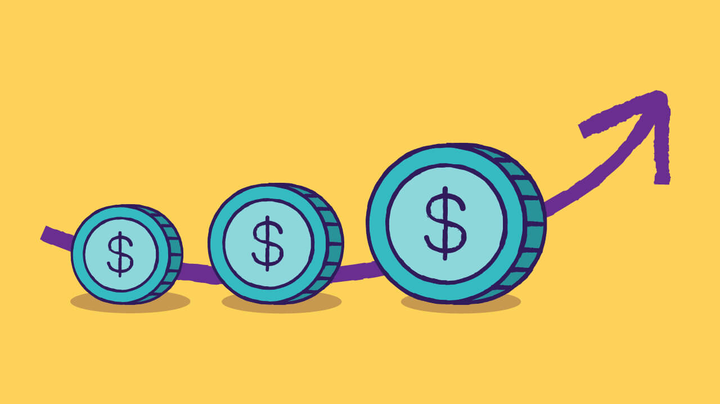



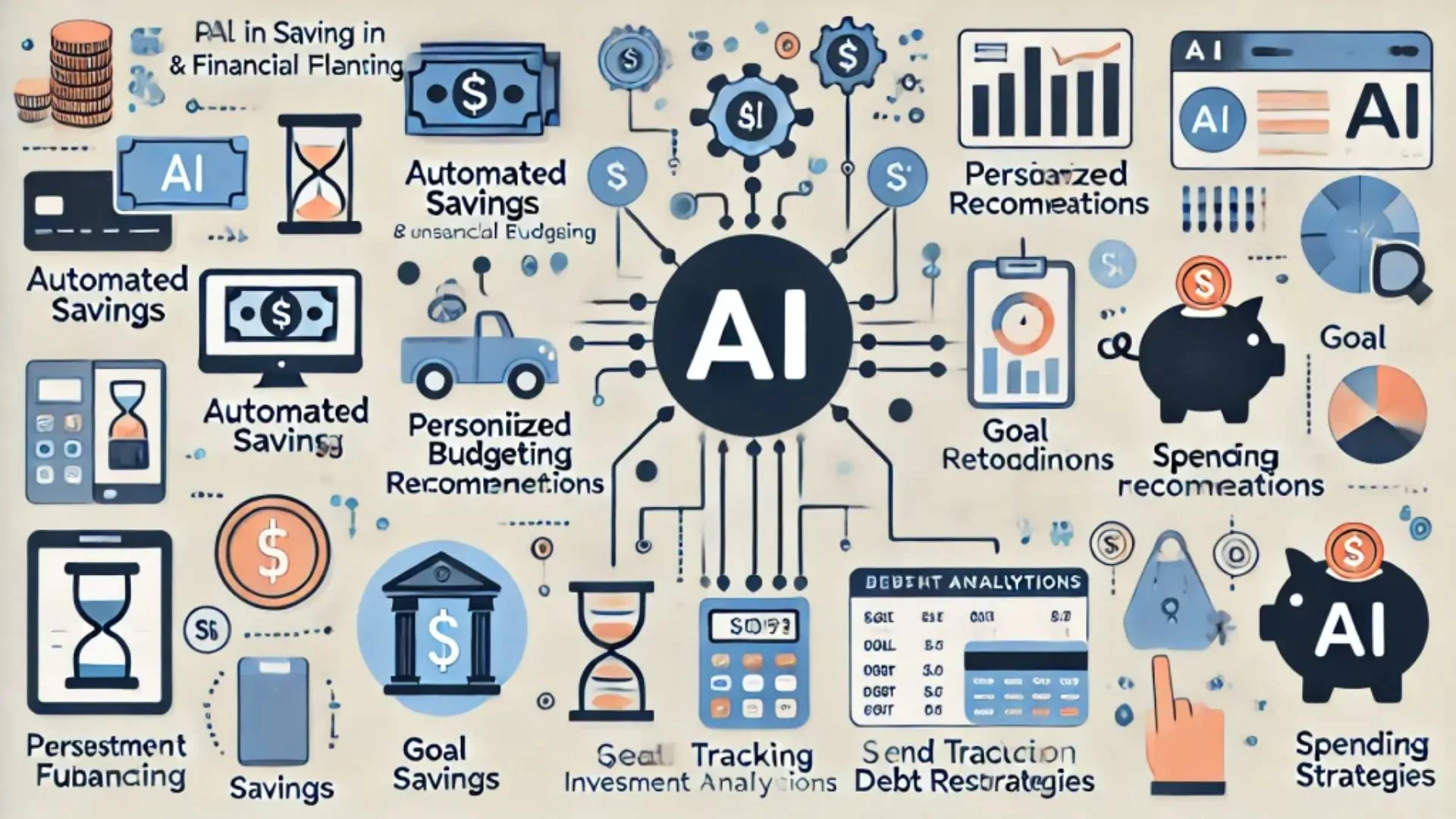
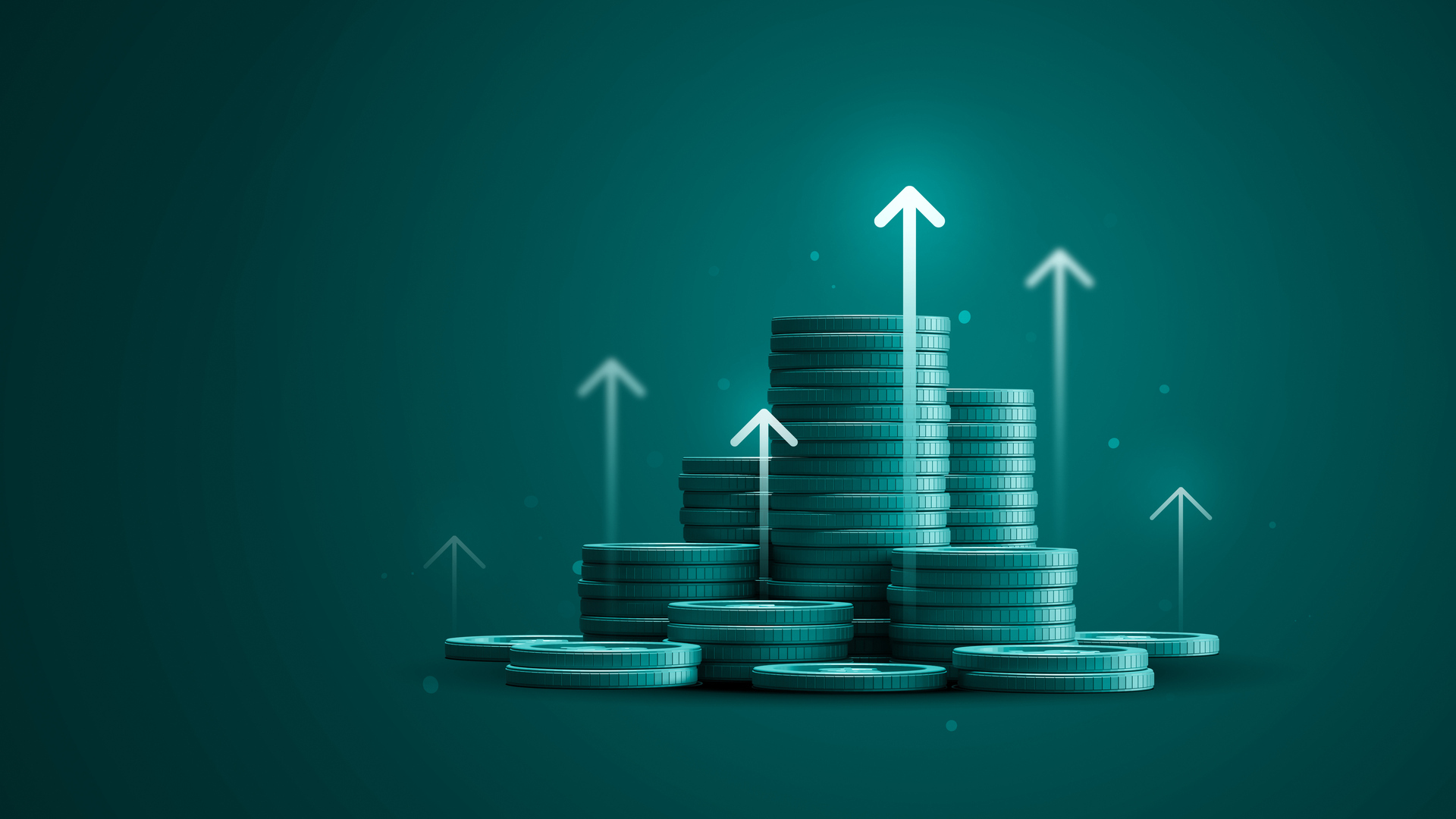
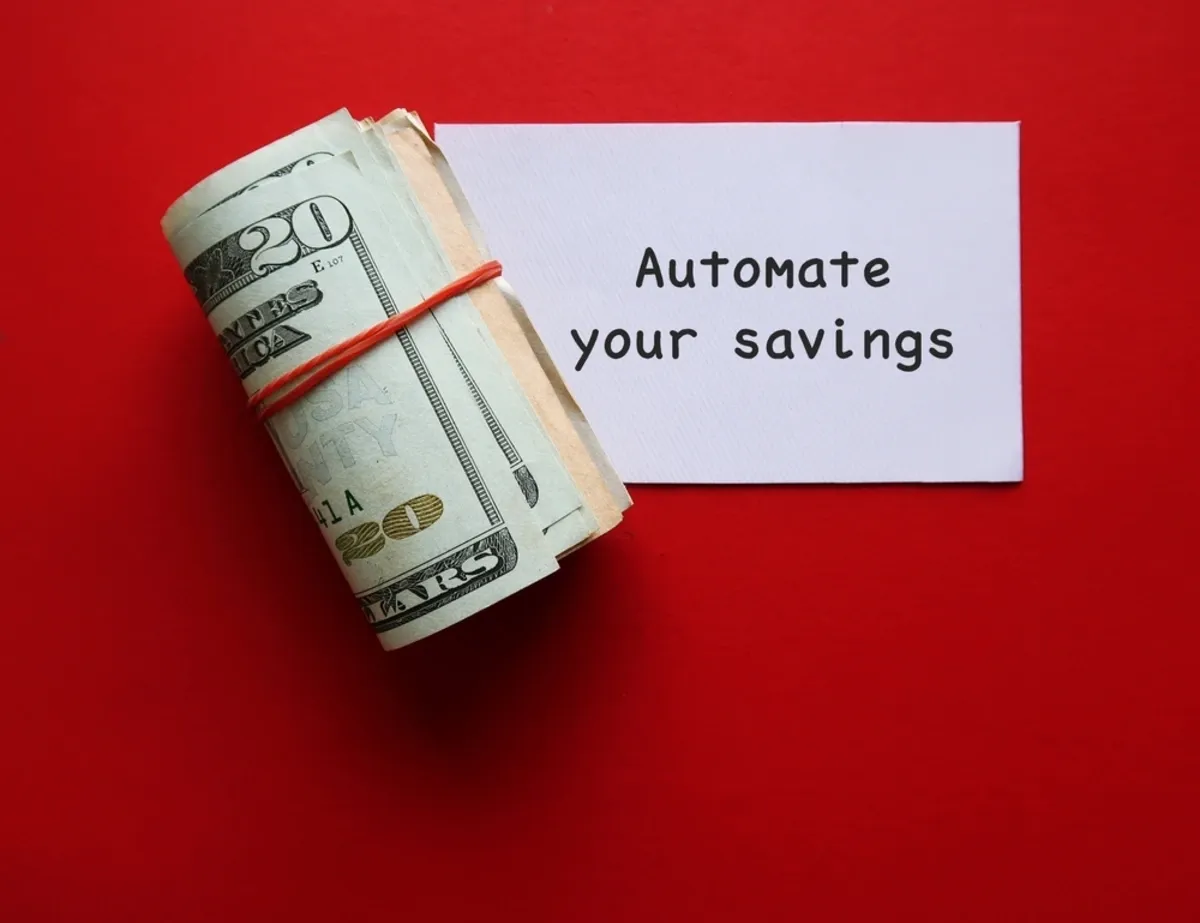
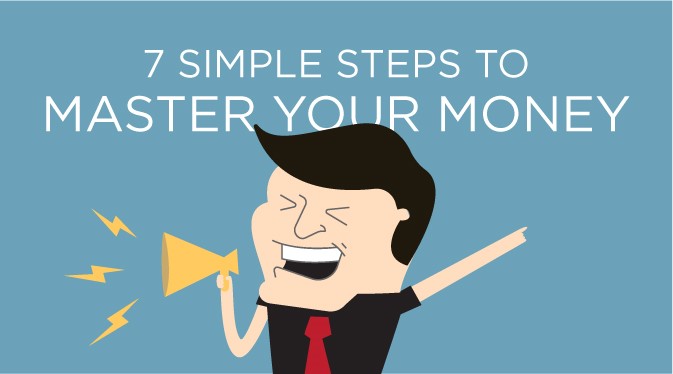

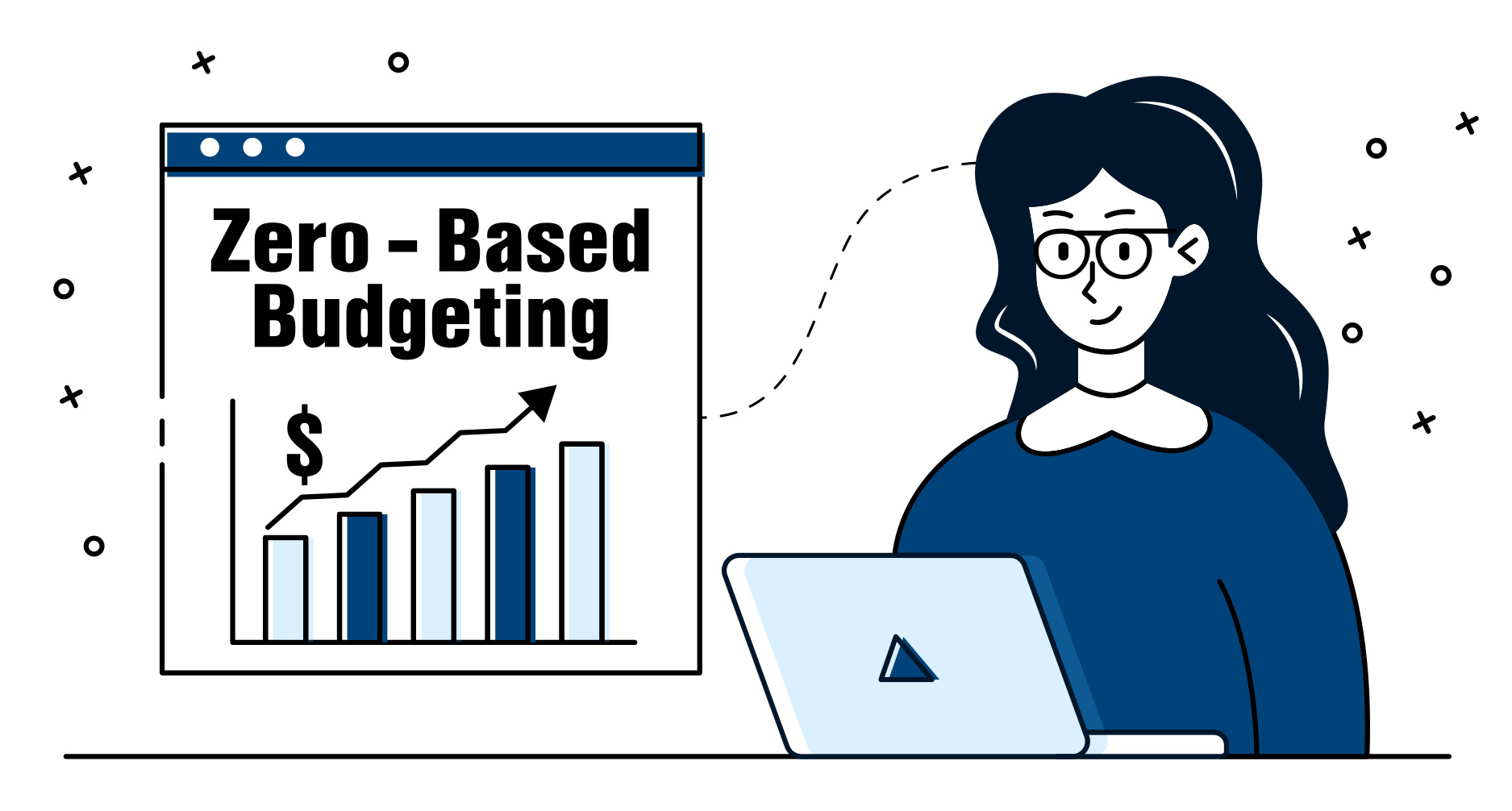
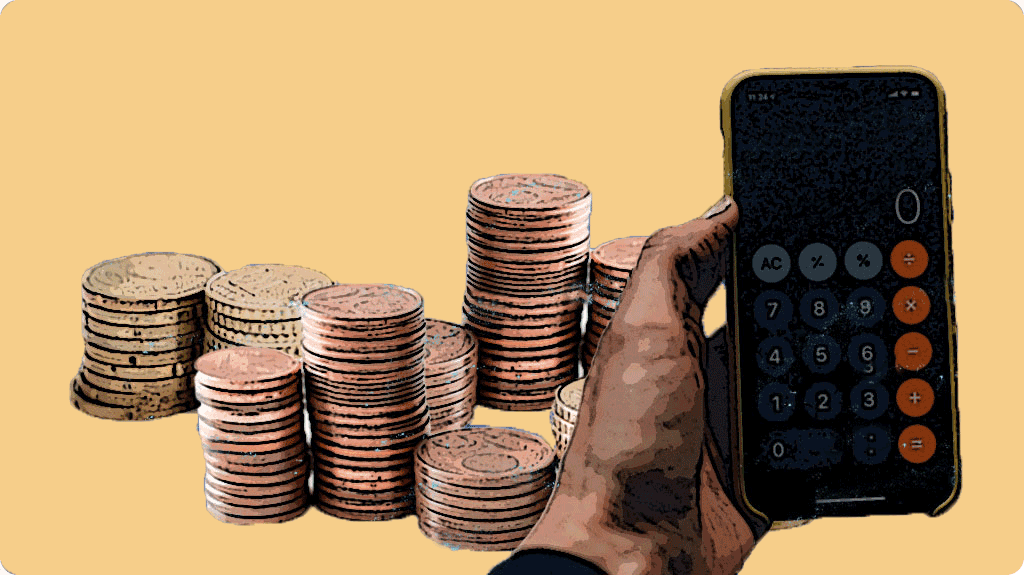
Leave a Reply